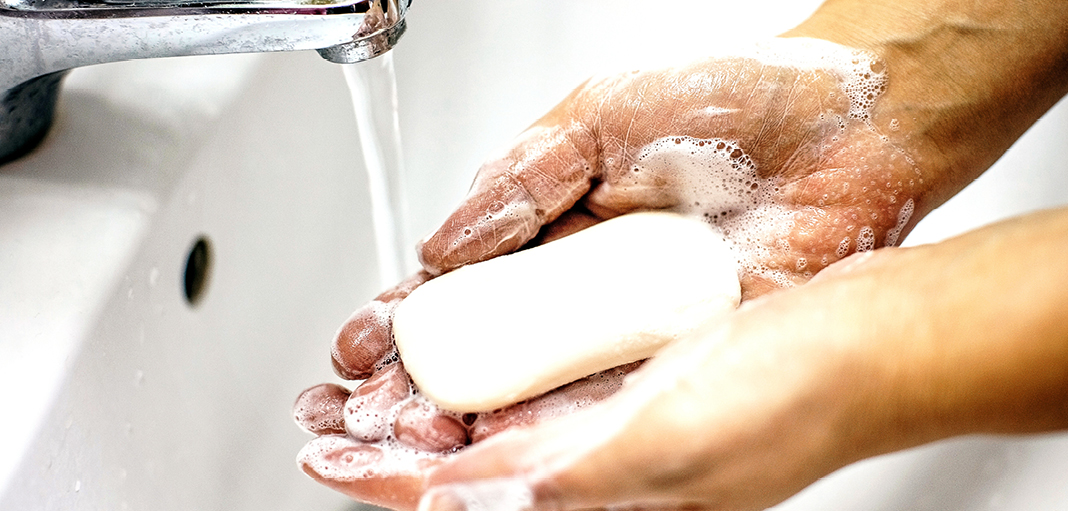Enroll with us in a few easy steps
Protecting yourself against germs is a big part of staying healthy after a transplant. Three of the most important things to know when you have a transplant are:
- You’ll need take medication(s) to weaken (suppress) your immune system. This makes it less likely for your body to reject your new organ.
- These medications also weaken your body’s ability to fight off or “reject” germs and to prevent infection.
- You can take steps to stay protected from germs and infection.
Germs are all around us. Your transplant team gave you information about how to help keep you safe and prevent infection. All of them are important and you need to make them part of your normal day. And remember, the best way to prevent infection is to wash your hands often and carefully. Here are some handwashing tips:1
- Wet your hands with clean running water.
- Use soap* and rub your hands together for 20 seconds. Rub the front and back of your hands, between your fingers and under your nails.
- Rinse your hands under clean running water and dry with a clean towel or paper towel. Use an air dryer only if there are no paper towels in a public bathroom.
- Use the towel to turn off the water and when you open the bathroom door. This helps avoid touching any handles.
*It’s usually best to use soap if you can. This is especially true when you can see that your hands are dirty. If there isn’t any soap nearby, you can use hand sanitizer. Hand sanitizer doesn’t kill every germ, but it’s still very helpful. Check the label to make sure it’s at least 60 percent alcohol.
You can also:
- Stay away from people who are sick.
- Avoid crowds and places where people may be sick. If you have to go, wear a mask.
- Tell your transplant team as soon as you start to feel sick or have a temperature.
- Keep your mouth and teeth healthy with daily brushing, flossing and dental care.
- Keep up with your vaccinations.
Follow the guidelines for preventing infection that your transplant team teaches you.
1Centers for Disease Control and Prevention (CDC). https://www.cdc.gov/handwashing/when-how-handwashing.html. Accessed May 16, 2022.
This information is not a substitute for medical advice or treatment. Talk to your doctor or health care provider about your medical condition and prior to starting any new treatment. CVS Specialty assumes no liability whatsoever for the information provided or for any diagnosis or treatment made as a result, nor is it responsible for the reliability of the content.
CVS Specialty does not operate all the websites/organizations listed here, nor is it responsible for the availability or reliability of their content. These listings do not imply or constitute an endorsement, sponsorship, or recommendation by CVS Specialty.
Your privacy is important to us. Our employees are trained regarding the appropriate way to handle your private health information.

